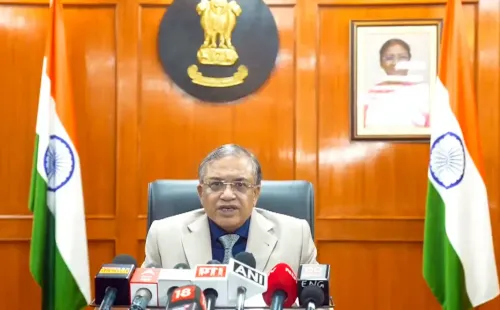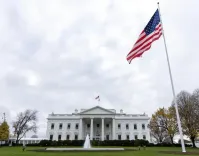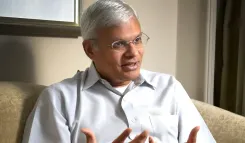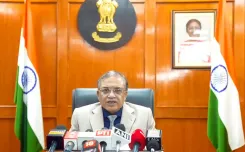How Can Congress Ensure GST Rate Cuts Benefit Consumers?
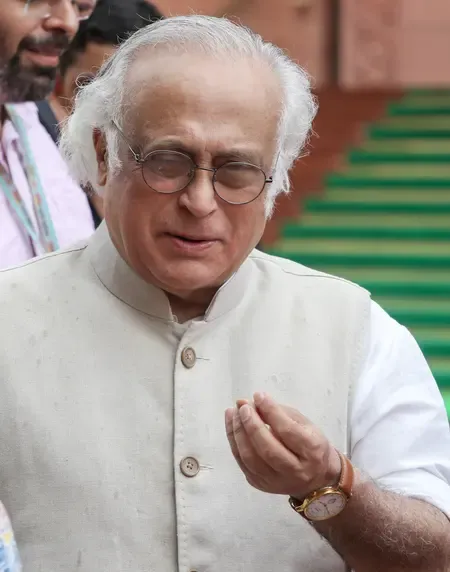
Synopsis
Key Takeaways
- Congress demands a mechanism to ensure GST rate cuts benefit consumers.
- Eight opposition-ruled states support the proposed GST reductions.
- Compensation for states is crucial to mitigate revenue losses.
- Extra levies on luxury goods should be devolved to states.
- ‘GST 2.0’ aims to simplify compliance for MSMEs.
New Delhi, Aug 30 (NationPress) Congress General Secretary responsible for Communications, Jairam Ramesh, on Saturday called for a systematic approach to guarantee that the advantages of GST rate reductions are effectively transmitted to the consumers.
He highlighted that eight states governed by the Opposition -- Karnataka, Himachal Pradesh, Jharkhand, Kerala, Punjab, Tamil Nadu, Telangana, and West Bengal -- have expressed their backing for the anticipated decrease in GST rate slabs and lower rates for commonly used items.
Addressing the fiscal consequences for states, Ramesh asserted that compensation should be allocated to all states for a duration of five years, using 2024-25 as the baseline year, as state revenues are likely to decline due to reduced GST income.
Additionally, he contended that any extra charges on so-called ‘sin’ and luxury products, exceeding the suggested 40 percent ceiling, should be completely transferred to states. Currently, he pointed out, the Centre collects nearly 17-18 percent of its income from various cesses and surcharges, none of which are shared with state governments.
“These requests are entirely reasonable and are endorsed by recent studies released by the Union Finance Ministry’s own think tank, the National Institute of Public Finance & Policy (NIPFP),” Ramesh remarked.
The senior Congress figure reiterated the party’s enduring call for a ‘GST 2.0’ -- a reform aimed at not only simplifying rate slabs and lowering rates but also easing compliance processes, especially for micro, small, and medium enterprises (MSMEs), which he described as being excessively burdened by the current framework.
Ramesh emphasized that the Congress has consistently advocated for protecting the fiscal autonomy and interests of states.
“It is crucial that the upcoming GST Council meeting does not devolve into yet another headline-grabbing event, a common occurrence under the Modi government, but instead becomes a chance to genuinely fortify cooperative federalism in both its essence and practice,” he stated.


